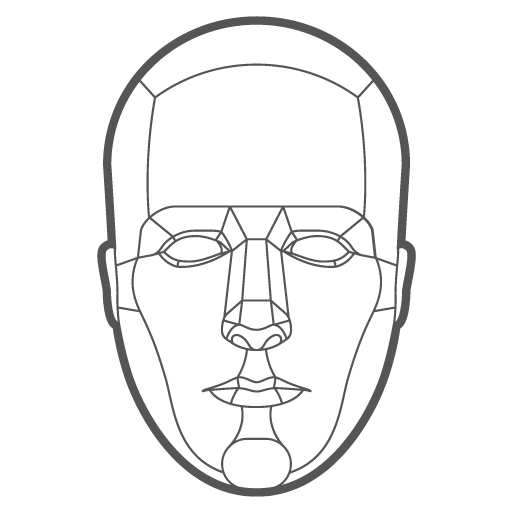This is a continuation of my last post. I started the recent string of posts with a distinction between observer-independent (OI) facts and observer-relative (OR) facts.These words probably cause more confusion than clarity. Unfortunately I have not yet thought of better terms to describe my thoughts. I will try to use them very carefully. Reviewing my post on these terms is recommended.
After the last post I received this thoughtful comment from my friend:
“If God’s laws are observer-relative, then He is not subject to them, but rather created them. If He created them, He should be able to determine the consequences of breaking those laws.”
To respond to this comment let me clarify again the way I am using the terms observer-independent and observer-relative. The fact that conscious agents exist is an observer-independent fact. Also, the fact that social norms can cause an increase or decrease in happiness among conscious agents is an observer-independent fact. For instance, conscious agents do not actually decide what makes them happy in reality. (This is a whole other conversation that I would rather address in a later post.)
I will come around to tying this back into the comment above. Please bear with me. Let me use another example. Money is created by conscious agents. It is an observer-relative (OR) creation. However, the fact that money decreases transaction costs among conscious agents is an observer-independent (OI) fact. Conscious agents cannot decide whether or not money decreases transaction costs.
Let us imagine that (within an LDS context) that God’s laws did not exist. According to the LDS view, consequences for our actions would still exist. Those consequences are (OI). God cannot choose those consequences. He has no power over them. But he institutes (OR) laws to help us avoid (OI) consequences.
Let me invoke 2 metaphors that I hope will clarify this point.
The Hot Stove Metaphor—In reality, my daughter would burn her hand if she touched a hot stove. I institute the household law—“Thou shalt not touch hot stoves.” I cannot choose the consequences, but my (OR) law is instituted within the framework of the laws of reality(OI).
The Dangerous Street Metaphor— Children who play in the street are likely to get hit by moving vehicles. Therefore I institute the household law—“Thou shalt not play in the street lest I execute punishment by grounding.” In this case, I did choose the (OR) punishment, but it was only to protect my daughter from (OI) consequences of which I have no control.
In the Hot Stove metaphor, I did not set a punishment for breaking the law. The blessing for obeying my law was not getting burned by the hot stove. I could have changed my law because it was (OR). But, I had no control over the (OI) consequences. I believe that the majority of God's laws reflect the principles in the Hot Stove metaphor. God does not actively set the punishment, he lets us learn from reality ourselves if we choose to disobey.
In the Dangerous Street metaphor, I did set an (OR) punishment for breaking my law because I wanted to give my daughter extra disincentive against playing in the street. I could have chosen a different punishment such as removing all of the marshmallow shapes from her Lucky Charms cereal. Some of God's laws are instituted as such. According to LDS theology, every spirit willingly agreed to these laws and conditions in a pre-mortal existence.
Another quick point before I conclude. The purpose of God's laws are to help us learn and progress to become like Him. Human beings learn differently based on different social contexts. If adjusting or changing a law would help us learn better based on a certain social context, then it would make sense to adjust the law to fulfill a higher purpose. For example, the Law of Moses was customized for the ancient Israelites to help them learn in their own way, but eventually the Law of Moses was replaced with a higher law. Likewise a law against drinking was not necessary at the time of Jesus. This law was "given for a principle with promise, adapted to the capacity of the weak and the weakest of all saints" (D&C 89:3) So in within social contexts laws must change and evolve to fulfill their purpose. God will not give us a law that we are not ready for because it would condemn us more than it would help us.
In conclusion, yes, God could change the consequences of His laws, but his laws are just because they conform to observer-independent law.
